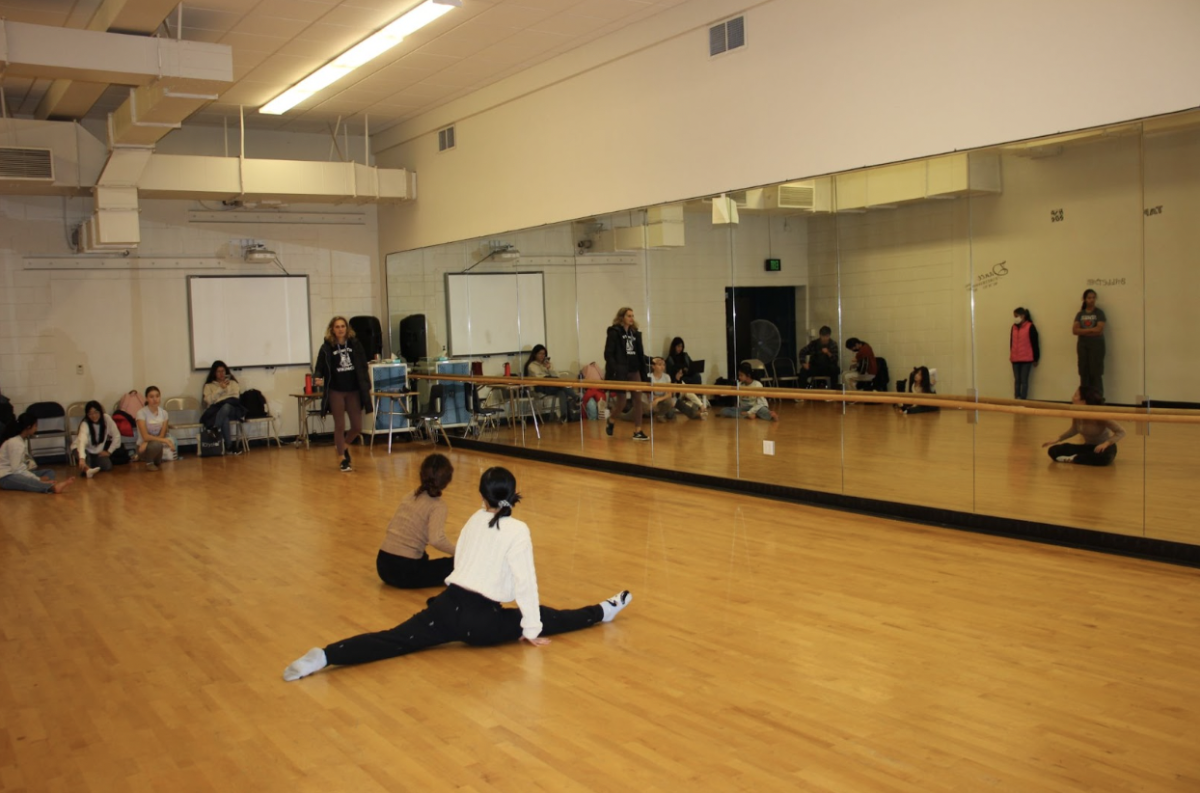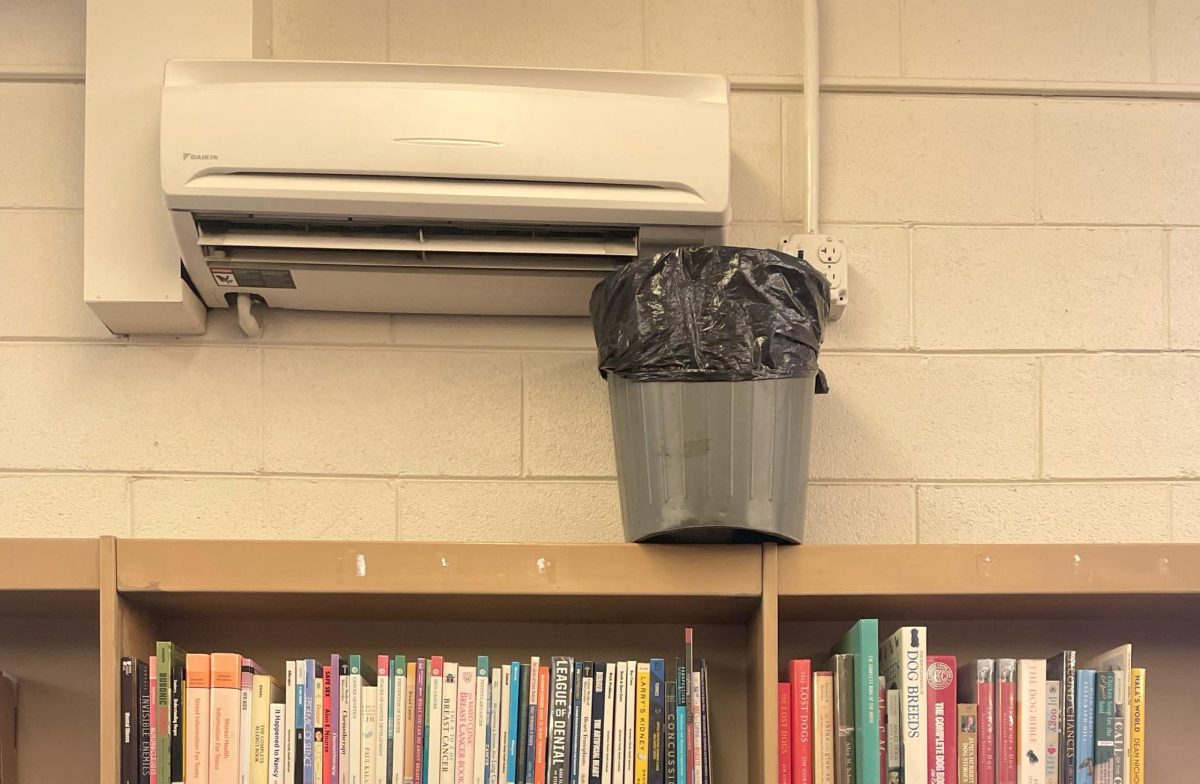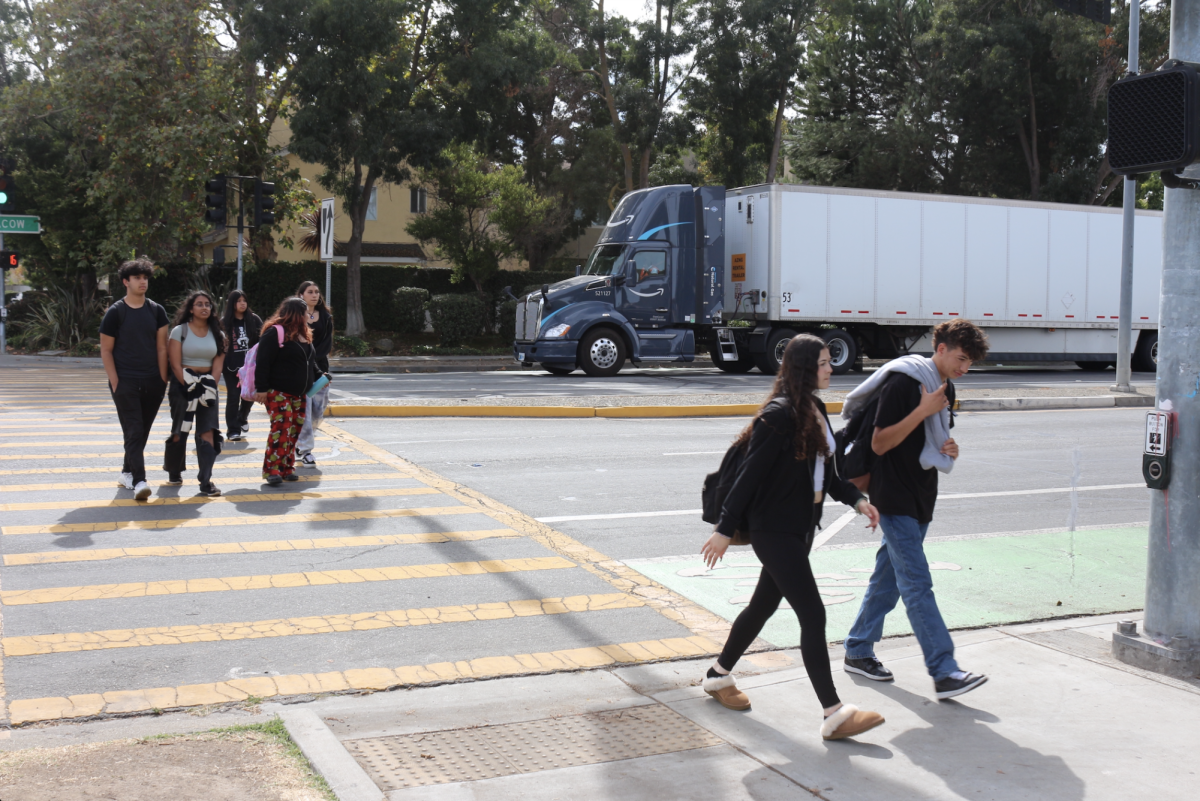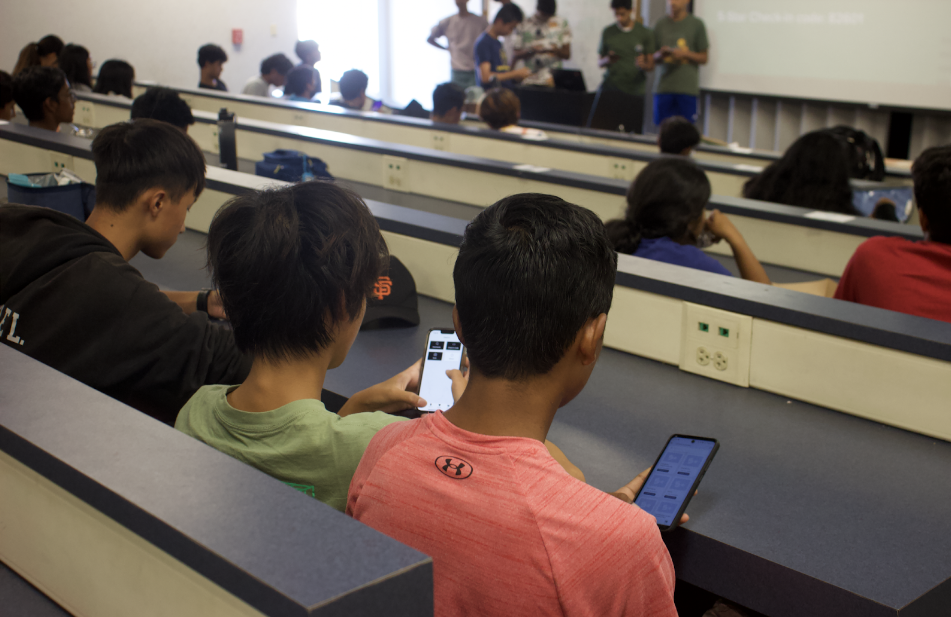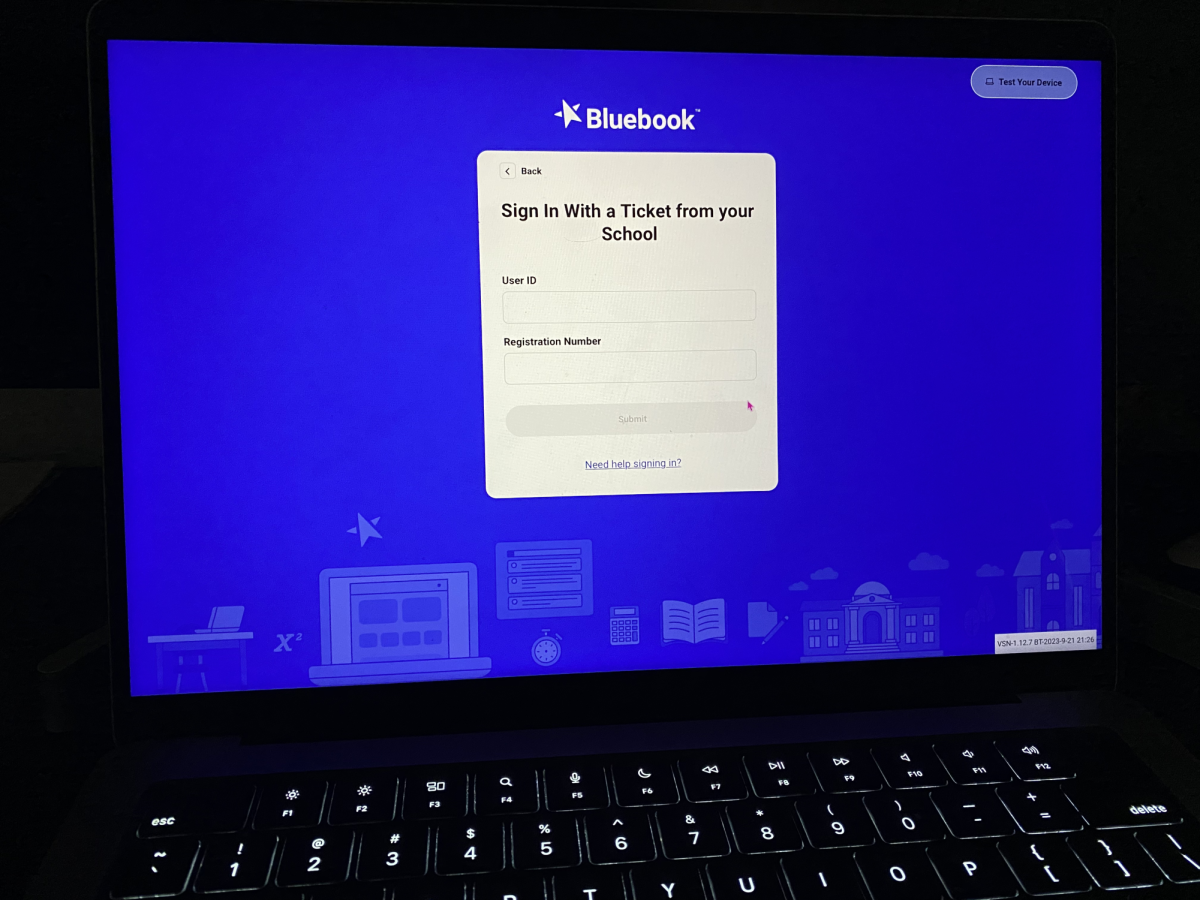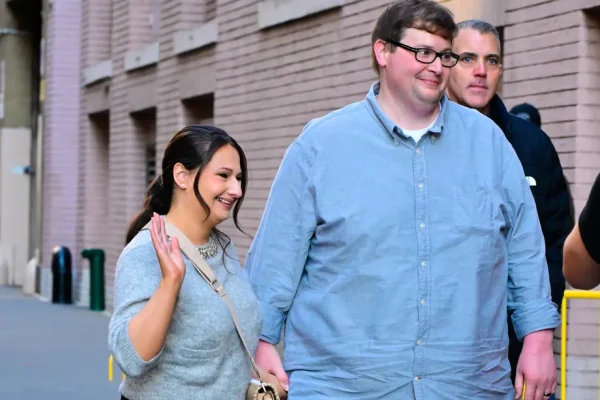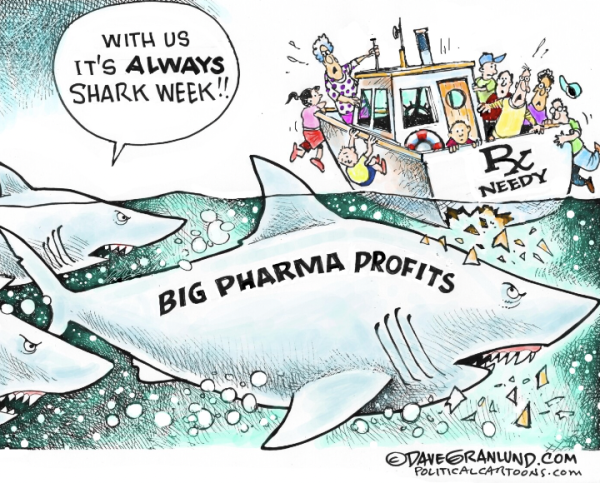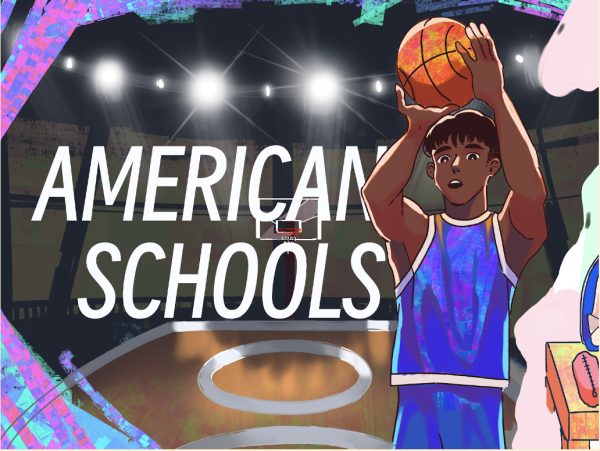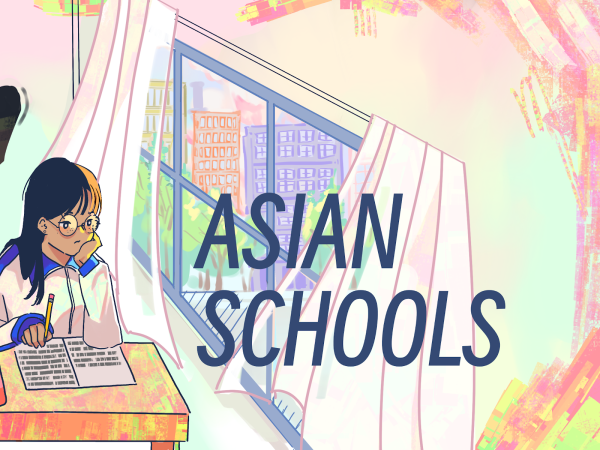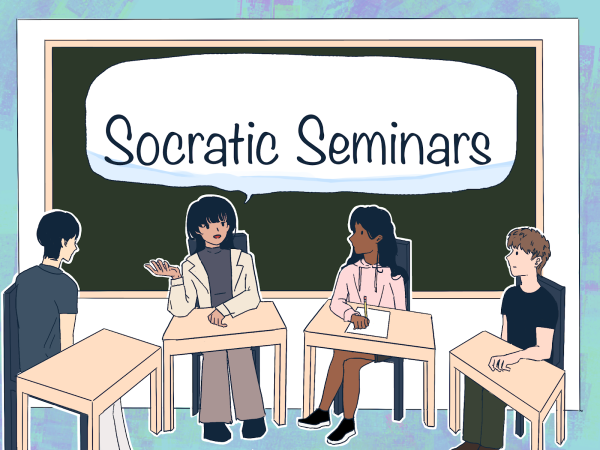Media Should Not Cover Hate Groups
April 23, 2018
In recent years, American hate groups have become more and more vocal on their views. Through social media and independent publishing, extremists have taken advantage of the media attention that follows them after every demonstration and hate crime. Unfortunately, newspapers and broadcast channels give hate groups an international voice by publically interviewing them and examining their stances on air to millions of people. The media should not give hate groups a voice on national platforms, as publicizing hate groups and their views can both boost their public image and negatively impact other groups with no ill-intentions.
By giving hate groups and members of hate groups a voice in media platforms such as influential TV news stations and newspapers, the media helps get the opinions and practices of hate groups to others. And because the views of hate groups are already harmful and negative, whether the media portrays the groups in a positive or negative light makes little difference. For these desperately destructive organizations, any publicity is good publicity. Also, the more the media normalizes the ideas of the hate groups the more people will be desensitized to the discriminatory views of them, and thus less likely to see how destructive they can be to the people arounds them. Portraying the opinions of hate groups in media also makes it seem that the views of hate groups should be considered the equal to political or non-extremist opinions of what the groups hate against.
What qualifies as a hate group is also debated by many, as what someone considers hate groups can depend on their personal and political views. Because of this, media shouldn’t cover hate groups or label groups as such, as they might be doing so because a specific staff member or group of members strongly disagrees with the views of the group. This was what happened after the fairly-liberal Southern Poverty Law Center (SPLC) labeled the Family Research Center, as a hate group for their anti-gay views. Afterwards, a LGBT community volunteer shot an employee there in the arm. Based on an FBI investigation, the culprit only choose the Family Research Center to attack because it had been listed as a hate groups by the SPLC. The same thing could happen to other groups if the media gives “hate” groups excessive coverage, especially because the SPLC is so influential in their labeling of groups.
One of the most common arguments against discouraging media from covering hate groups and their members is that it’s a violation of freedom of speech and expression. However, the 1st Amendment only protects free speech when it doesn’t cause harm to others, and arguably, hate speech can be more harmful to others than the hate crimes caused by it, as they can inspire the crimes and have negative psychological effects on victims. Although the US at this point cannot effectively punish those for hateful speech for constitutional and practical reasons, the media still shouldn’t give a voice to those ideas. Another counterargument is that if the media purposely avoids covering hate groups, some groups might escalate their crimes to force their hand. However, this tactic could very well backfire on the groups that attempt it. Today, the reason most groups want media coverage is that it gives them exposure to recruit new members. However, the more aggressive and active hate groups are, the more the public and law enforcement will oppose them, which might decrease their numbers. People might be hesitant to join and members might leave in fear of consequences.
Instead of covering hate groups, the media should instead turn their attention to the people negatively impacted by their actions. This way, they can discuss the views of hate groups without unintentionally diminishing the terrible consequences of their beliefs. It can also serve as a way for those who are attacked by hate groups to communicate their fears to the general public and warn those like them, as people tend to be more willing to help when they’re face with suffering individuals they can relate to than labels and statistics. Overall, the pros of media not covering hate groups and their views outweigh the cons in the long run. In justifying their beliefs, the media only encourages their hate.




